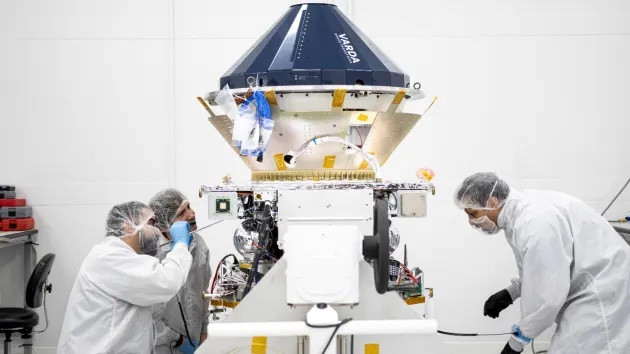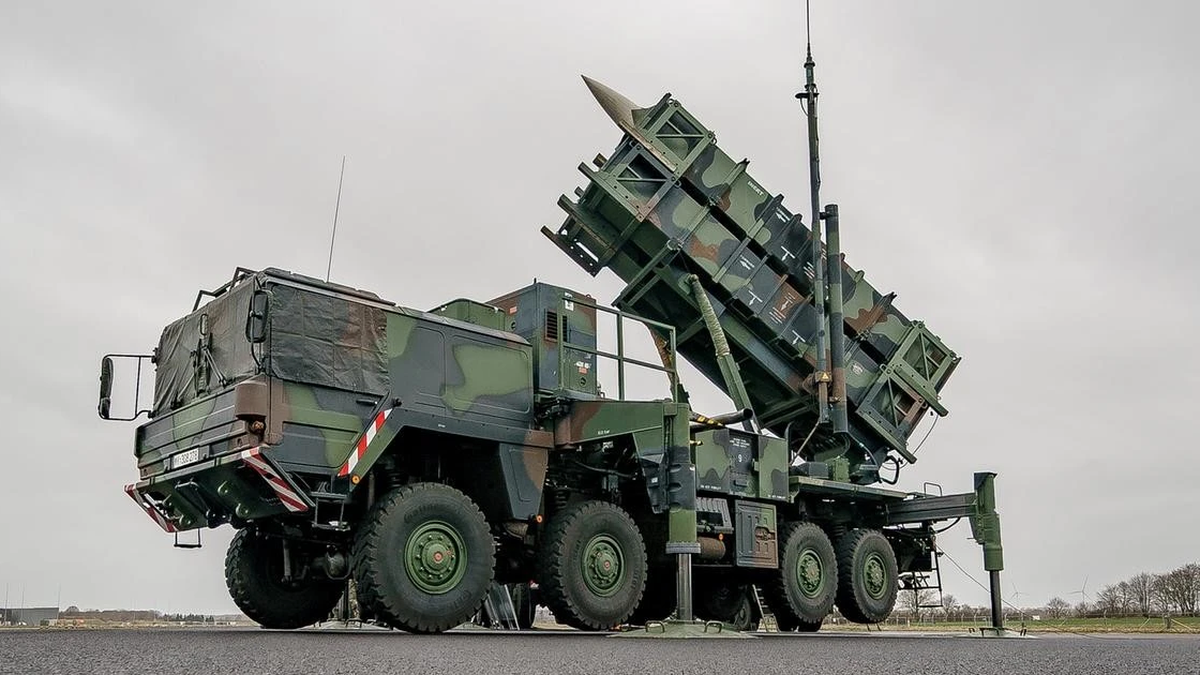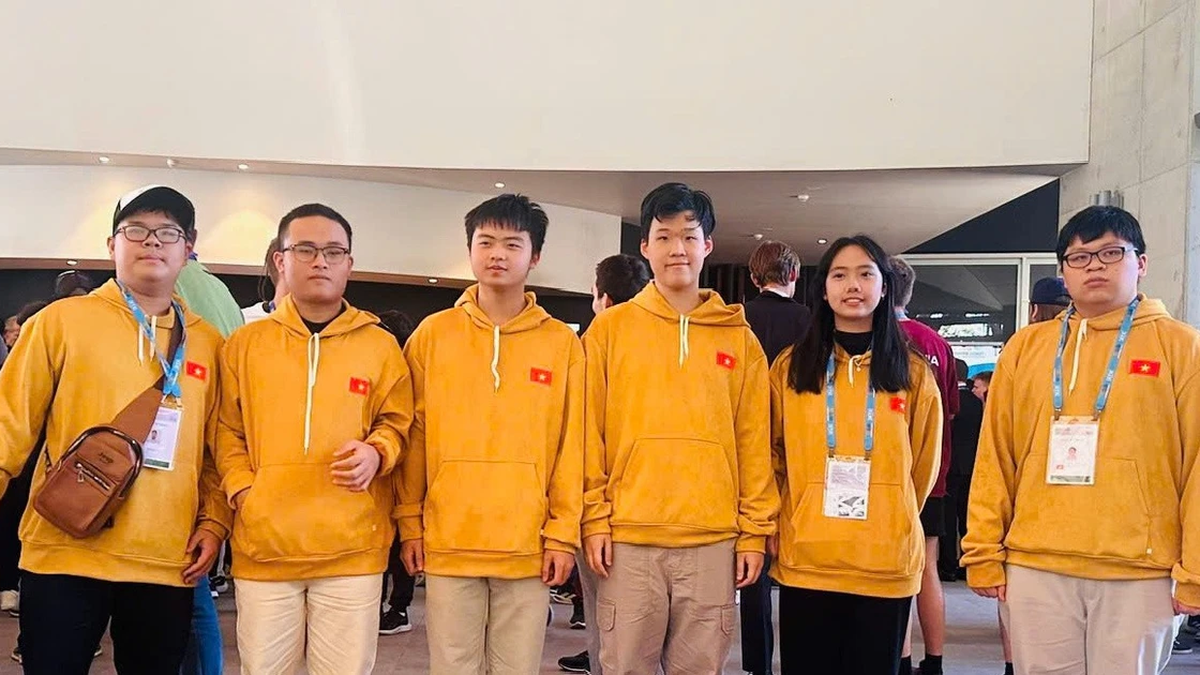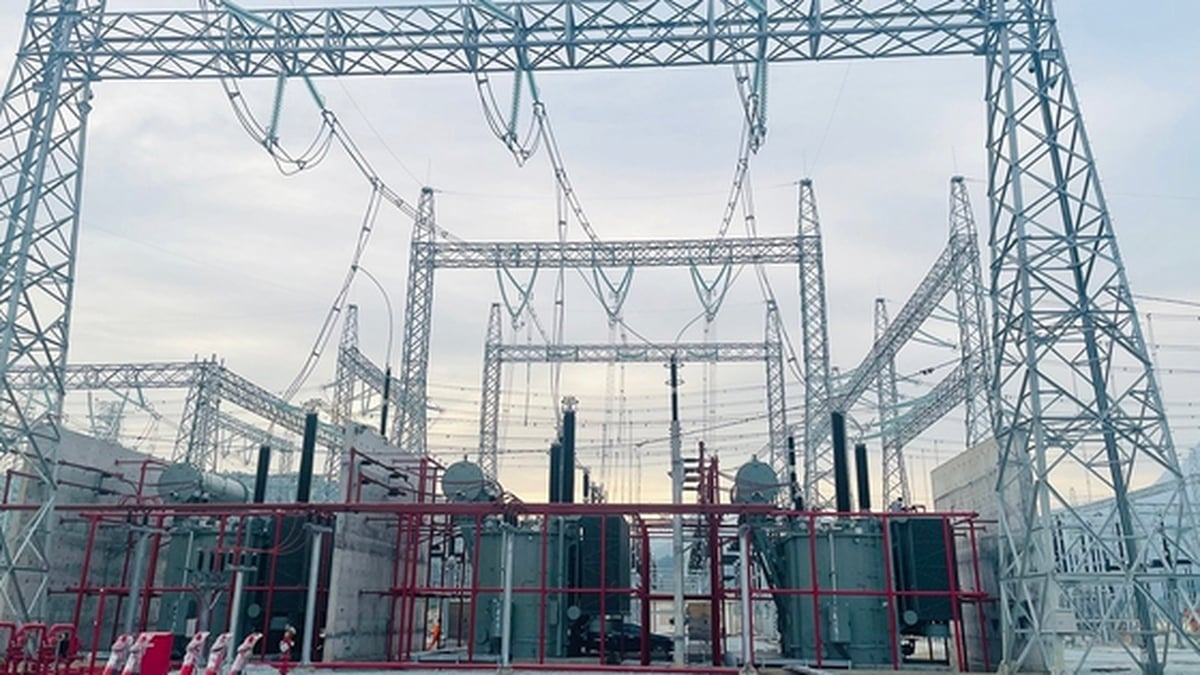Consulting firm McKinsey partners say the new market for pharmaceuticals, semiconductors, health and beauty products or food technology will reach “over $10 billion by 2030, depending on growth rates.”

Space offers a unique environment for research and development with high levels of radiation, microgravity and near-absolute vacuum, allowing companies to pursue manufacturing methods or use materials that are not possible on Earth.
Such research is not new. The International Space Station (ISS) has previously hosted a number of experiments from academics, government agencies, and commercial customers on things like growing human tissue, creating purer semiconductors, and developing new or better drugs. In his fiscal year 2024 budget, President Joe Biden even earmarked $5 million for NASA to pursue cancer-related research on the ISS.
But access to the ISS isn’t for everyone. Space startups have already sniffed out the opportunity for small-scale manufacturing in space. Southern California-based Varda Space Industries, for example, has found a way to crystallize proteins to improve pharmaceuticals or develop new space-based therapies for pharmaceutical companies, before returning the finished product to Earth.
Across the Atlantic in Cardiff, Wales, Space Forge is working on designing a space-based factory to manufacture next-generation semiconductors. Space Forge’s goal is to create semiconductor substrates using materials other than silicon to produce chips more efficiently and with higher performance.
“The generation of space-based materials allows us to achieve unprecedented efficiencies. We’re talking about 10- to 100-fold improvements in semiconductor performance,” said Andrew Parlock, chief executive of Space Forge’s US operations.
Like pharmaceuticals, the secret to achieving this kind of performance improvement in semiconductors lies in creating perfect crystals in space. These advanced chips are crucial to industries like 5G and electric vehicles. Like Varda, Space Forge plans to manufacture some of its chips in space.
According to Josh Western, CEO and co-founder of Space Forge, the company will bring the crystals produced in space back to Earth and find ways to “reproduce them efficiently,” thereby eliminating the need for multiple space flights, while also opening up the possibility of building a mass production process based on partner foundries.
(According to CNBC)
Source





























































































![[Infographic] In 2025, 47 products will achieve national OCOP](https://vphoto.vietnam.vn/thumb/402x226/vietnam/resource/IMAGE/2025/7/16/5d672398b0744db3ab920e05db8e5b7d)





Comment (0)